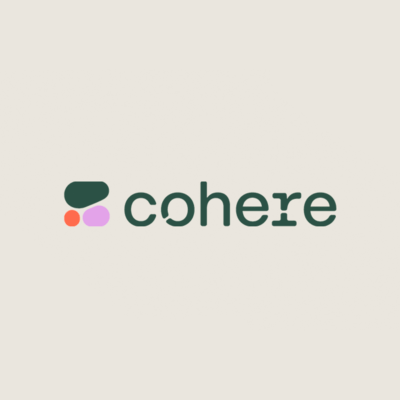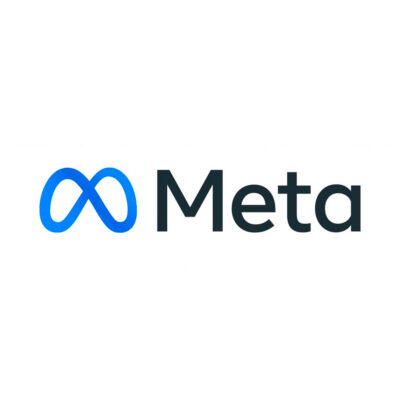Compare Models
-
Stanford University
Alpaca
FREEStanford University released an instruction-following language model called Alpaca, which was fine-tuned from Meta’s LLaMA 7B model. The Alpaca model was trained on 52K instruction-following demonstrations generated in the style of self-instruct using text-davinci-003. Alpaca aims to help the academic community engage with the models by providing an open source model that rivals OpenAI’s GPT-3.5 (text-davinci-003) models. To this end, Alpaca has been kept small and cheap (fine-tuning Alpaca took 3 hours on 8x A100s which is less than $100 of cost) to reproduce. All training data and techniques have been released. The Alpaca license explicitly prohibits commercial use, and the model can only be used for research/personal projects, and users need to follow LLaMA’s license agreement. -
Cohere
Generate
$0.015Cohere is a Canadian startup that provides high-performance and secure LLMs for the enterprise. Their models work on public, private, or hybrid clouds.Cohere Generate can be used for tasks such as copywriting, named entity recognition, paraphrasing, and summarization. It can be particularly useful for automating time-consuming and repetitive copywriting tasks and re-wording text to suit a specific reader or context.Cohere Generate is available as an API that can be integrated into various libraries using Python, Node, or Go software development kits (SDKs).We have shown the price of the Cohere Generate Default version, but a Cohere Generate Custom model is available but is double the price (0.030 per 1/k tokens). However, custom models can lead to some of the best-performing NLP models for many tasks. -
Cohere
Summarize
$0.015Cohere is a Canadian startup that provides high-performance and secure LLMs for the enterprise. Their models work on public, private, or hybrid clouds and is available as an API that can be integrated into various libraries using Python, Node, or Go software development kits (SDKs).Cohere Summarize generates a succinct version of a provided text. This summary relays the most important messages of the text, and a user can configure the results with a variety of parameters to support unique use cases. It can instantly encapsulate the key points of a document and provides text summarization capabilities at scale.




